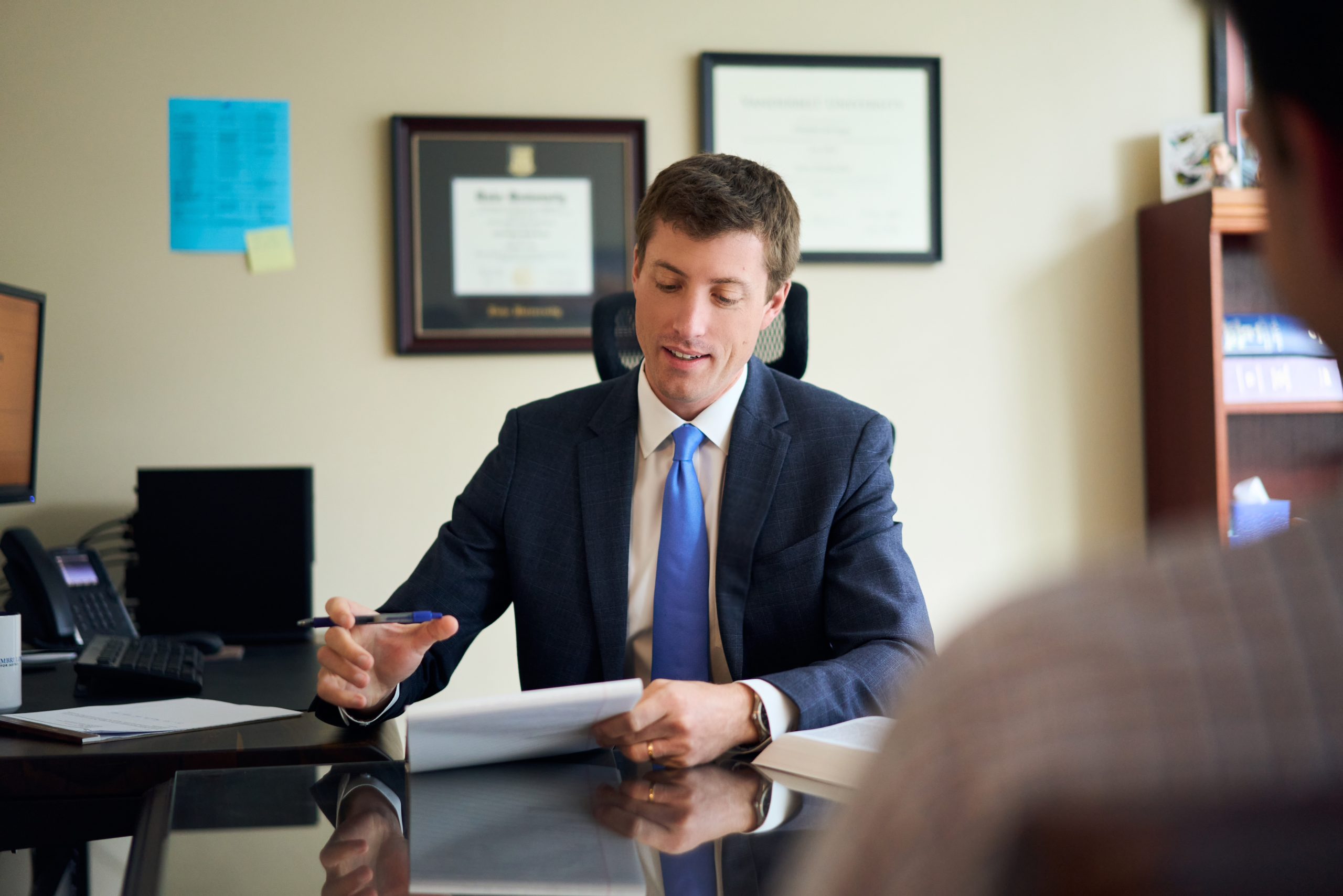Understanding Car Accident Settlements: What to Expect in Washington DC
Introduction
Car accidents are an unfortunate reality for many individuals in Washington D.C. The aftermath of such incidents can be overwhelming, leaving victims grappling with physical injuries, emotional trauma, and financial uncertainties. One of the most crucial aspects of recovering from a car accident is understanding the settlement process. Knowing what to expect during this journey can alleviate some anxiety and help you make informed decisions. In this article, we delve into the intricacies of car accident settlements and provide insights on navigating this complex landscape in Washington D.C.
Understanding Car Accident Settlements: What to Expect in Washington DC
When you're involved in a car accident, one of the first questions that may arise is: How do I receive compensation for my damages? This is where car accident settlements come into play. A settlement typically involves negotiating with an insurance company to obtain compensation for medical expenses, property damage, lost wages, and other related costs.
Settlements can vary significantly based on factors such as the severity of injuries, fault determination, and available insurance coverage. In Washington D.C., it is crucial to understand that the law operates under a comparative negligence system. This means that if you are found partially at fault for the accident, your compensation may be reduced accordingly.
The Settlement Process Overview
The settlement process can be broken down into several key stages:
Initial Consultation: Engaging a top car accident lawyer in Washington D.C. can provide you with valuable insights into your case. During this phase, your lawyer will assess the details of your situation and advise you on potential next steps.
Gathering Evidence: Collecting evidence is critical to building a strong case. This includes medical records, police reports, witness statements, and photographs from the scene of the accident.
Demand Letter: After compiling evidence and calculating damages, your attorney will send a demand letter to the insurance company outlining your claim and desired compensation.
Negotiation: Insurance companies often counter with lower offers than expected. Negotiation plays a vital role here; having an experienced lawyer can enhance your chances of receiving a fair settlement.
Settlement Agreement: If both parties reach an agreement on compensation terms, you’ll sign a settlement agreement, which typically releases the insurer from further liability regarding that incident.
Payment: After signing the agreement, you'll receive payment either via check or direct deposit.
Factors Influencing Car Accident Settlements
Several factors influence how much you might receive in a settlement:
- Severity of Injuries: More severe injuries usually warrant higher settlements due to increased medical expenses.
- Duration of Treatment: Longer recovery periods can lead to more extensive damages.
- Impact on Quality of Life: If your injuries affect daily activities or impair your ability to work long-term, this can increase your settlement amount.
- Insurance Policy Limits: The maximum amount an insurance policy will pay out influences settlement negotiations.
- Witness Testimonies: Strong witness statements supporting your claim can bolster your case.
Common Types of Damages Covered
When pursuing a car accident settlement in Washington D.C., various types of damages may be recoverable:
-
Medical Expenses: This includes hospital bills, rehabilitation costs, therapy sessions, and any future healthcare needs.

-
Lost Wages: If you've missed work due to injury recovery time or ongoing treatment needs.
-
Property Damage: Compensation for repairs or replacement costs for damaged vehicles or personal property.
-
Pain and Suffering: Non-economic damages account for emotional distress caused by injuries sustained during the accident.
-
Loss of Consortium: Compensation claims may include losses associated with diminished relationships due to injuries.
The Role of Insurance Companies
Understanding how insurance companies operate is vital when navigating settlements after an auto accident:
How Insurers Assess Claims
Insurance adjusters evaluate claims by considering various aspects:

- Reviewing medical records
- Analyzing police reports
- Interviewing witnesses
- Consulting experts when necessary
They aim to minimize payouts while protecting their company's financial interests.
Common Tactics Used by Insurance Adjusters
Insurance companies often employ Regan Zambri Long Personal Injury Lawyers tactics aimed at reducing their liabilities:
- Low initial offers
- Delaying responses
- Requesting recorded statements Understanding these tactics helps you stay prepared during negotiations.
Choosing the Right Lawyer for Your Case
Finding a top car accident lawyer in Washington D.C. is paramount for ensuring fair representation throughout the settlement process:
What Qualities Should You Look For?
When selecting legal representation:
Questions to Ask During Your Consultation
Timeline for Settling Car Accident Claims
One common question arises regarding how long it takes to settle a claim:
Average Duration for Settlement Processes
Settling claims varies widely based on:
- Complexity
- Severity of injuries Generally speaking:
FAQs About Car Accident Settlements
1. What should I do immediately after a car accident?
It's crucial that you prioritize safety first—call emergency services if needed! Document everything about the incident as best you can (photos/videos), gather contact information from witnesses if possible, and seek medical attention even if injuries seem minor at first glance.
2. Do I need a lawyer even if it's just minor damage?
While minor accidents may seem straightforward initially—having legal assistance ensures all angles are covered so no hidden issues arise later down the line.
3. How do I calculate my damages accurately?
Calculating damages requires documenting all incurred costs (medical bills) alongside estimating future needs related directly back towards injury sustained (future therapies).
4. Can I negotiate with my insurer without an attorney?
Yes—you technically could; however negotiating without proper understanding could lead towards settling at much lower amounts than deserved!
5. What happens if we cannot agree on a settlement amount?
If negotiations fail—litigation becomes necessary! An attorney familiarized within local courts will guide through filing suit appropriately seeking resolution therein…
6.Should I accept an initial offer from my insurer?
Typically it’s wise not too! Initial offers are usually lower than true value—consulting with lawyers beforehand aids gaining complete picture before making big decisions!

Conclusion
Navigating through car accident settlements can feel daunting amidst physical recovery efforts! However being informed empowers making smarter choices ensuring rightful compensations being pursued diligently… Remember understanding what lies ahead serves as foundation strengthening entire claims process here within our nation’s capital!
This article provides general information and is not a substitute for legal advice; consult with experienced lawyers for personalized guidance. Attorney Advertising: The information contained on this page does not create an attorney-client relationship nor should any information be considered legal advice as it is intended to provide general information only. Prior case results do not guarantee a similar outcome."